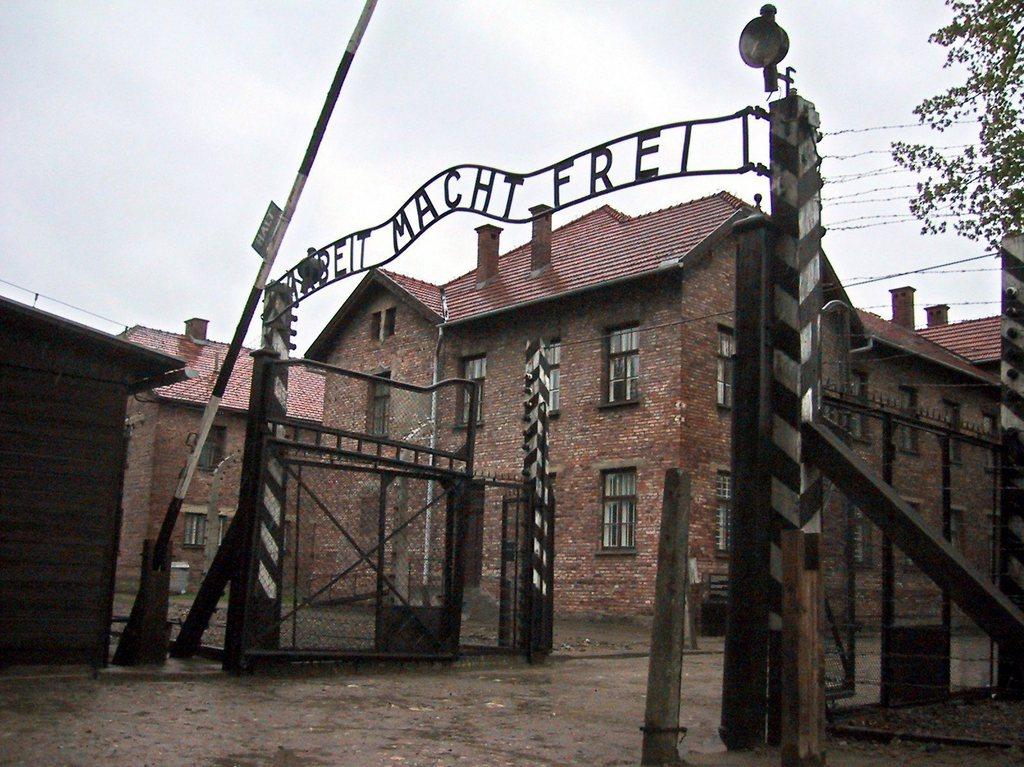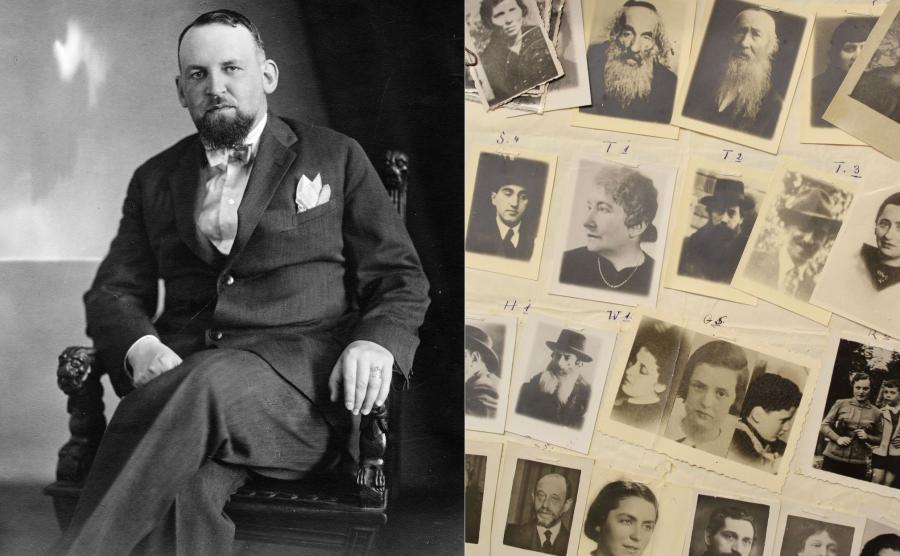
Poland obtains archive of Bern diplomats’ efforts to save Jews

Poland has acquired a Second World War-era archive, the so-called Eiss Archive, that documents the efforts of Polish diplomats in Switzerland to get Jews out of Europe by issuing phony passports from Latin American countries.
The Polish culture ministry and the Auschwitz-Birkenau state museum announced that Poland had obtained the archive after more than a year of negotiations with a private owner in Israel.

More
How a Polish envoy to Bern saved hundreds of Jews
The documents will go on display for several months in the Swiss capital Bern before becoming part of the collection at the Auschwitz museum, which is also a memorial to the victims of the Nazi death camp where some 1.1 million people, most of them Jews, were killed.
The ministry and the museum said 330 people were known to have survived the Holocaust as a result of having one of the faked passports and another 387 were killed despite having the false documents. The fate of 430 others has not been determined.
The rescue effort was led by the Polish ambassador to Switzerland, Aleksander Lados, and included three other Polish diplomats and two representatives of Jewish organisations. The archive is named after one of the Jewish representatives, Rabbi Chaim Eiss, who died of a heart attack in late 1943.
Eiss was a businessman in Zurich and head of the Swiss branch of Agudath Israel, an orthodox movement, and a member of the network in Bern, led by Lados, that worked to forge passes. Eiss organised the smuggling of the passports to Poles stuck in Germany.
‘Irrefutable proof’
Poland’s purchase of the archive comes as the Polish government is working to emphasise the help some Poles provided Jews during Nazi Germany’s occupation of the country.
The archive provides “irrefutable proof that Poles, the Polish state and its representatives were systemically and institutionally involved in saving Jews during the Second World War,” Polish Culture Minister Piotr Glinski said.
The collection includes eight Paraguayan passports forged by the Polish diplomats, photos of Jews seeking to obtain the documents, and letters between the Polish diplomats and Jewish organisations.
Poland and the Second World War
On June 27, Poland’s ruling conservatives, the PiS, watered down Holocaust legislation that had angered the United States and Israel, removing the threat of jail terms for people who suggest the nation was complicit in Nazi crimes against the Jews.
The law, as it went into effect in March, imposed jail sentences of up to three years for anyone who used the phrase “Polish death camps” or suggested “publicly and against the facts” that the Polish nation or state was complicit in Nazi Germany’s crimes.
About three million Jews who lived in pre-war Poland were murdered by the Nazis, accounting for about half of all Jews killed in the Holocaust.
The PiS government said in March that the law was needed to protect Poland’s reputation, but Israel and its ally the US said it amounted to a historical whitewash.
The issue of the Poles’ behaviour during the Second World War has become a central theme for the PiS government, which argues that previous, liberal governments sought to teach young Poles to be ashamed, not proud, of their history.
Thousands of Poles risked their lives to protect Jewish neighbours during the war. But research published since the fall of communism in 1989 showed that thousands also killed Jews or denounced those who hid them to the Nazi occupiers, challenging the national narrative that Poland was solely a victim.
Jews from across the continent were sent to be killed at death camps built and operated by Germans in Nazi-occupied Poland – home to Europe’s biggest Jewish community at the time – including Auschwitz, Treblinka, Belzec and Sobibor.

In compliance with the JTI standards
More: SWI swissinfo.ch certified by the Journalism Trust Initiative



























You can find an overview of ongoing debates with our journalists here . Please join us!
If you want to start a conversation about a topic raised in this article or want to report factual errors, email us at english@swissinfo.ch.